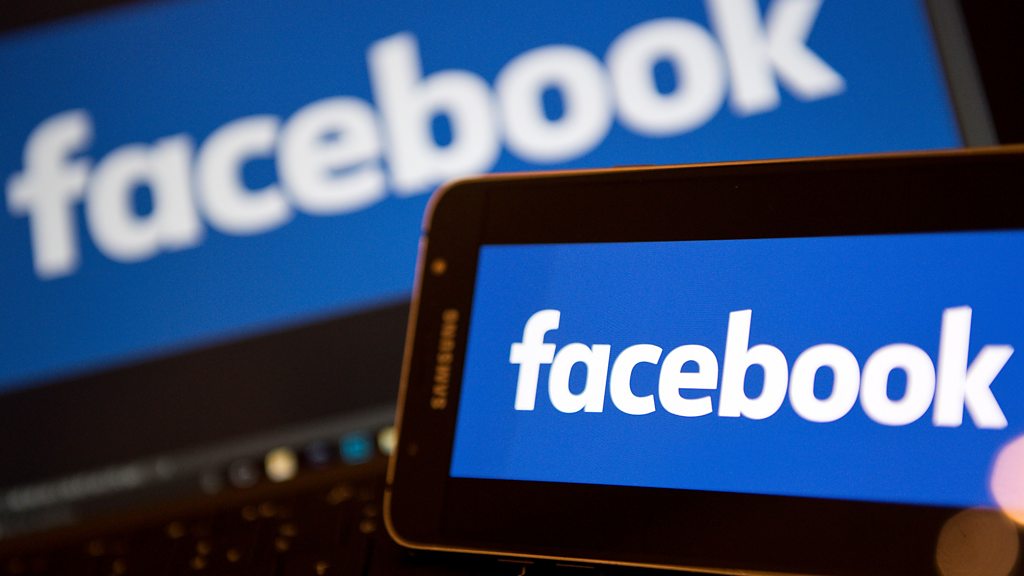Social Media Firms Under Scrutiny For 'Russian Meddling


Facebook, Twitter and Google lawyers defended themselves to US lawmakers probing whether Russia used social media to influence the 2016 election.
The three firms faced hard questions at a Senate panel on crime and terrorism about why they missed political ads bought with Russian money.
Lawmakers are eyeing new regulations for social media firms in the wake of Russia's alleged meddling in 2016.
The firms said they would tighten advertising policies and guidelines.
Senator Al Franken, a Democrat from Minnesota, asked Facebook - which absorbed much of the heat from lawmakers - why payment in Russian rubles did not tip off the firm to suspicious activity.
"In hindsight, we should have had a broader lens," said Colin Stretch, general counsel for Facebook. "There are signals we missed."
A day earlier Facebook said as many as 126m US users may have seen Russia-backed content over the last two years.
Lawyers for the three firms are facing two days of congressional hearings as lawmakers consider legislation that would extend regulations for television, radio and satellite to also cover social media platforms.
The firms said they are increasing efforts to identify bots and spam, as well as make political advertising more transparent.
Facebook, for example, said it expects to have 20,000 people working on "safety and security" by the end of 2018 - double the current number.
- Reality Check: When 126m isn't 126m on Facebook
- Facebook uncovers 'Russian-funded' misinformation campaign
"I do appreciate these efforts, but I don't think it's enough," said Senator Amy Klobuchar, a Democrat from Minnesota.
Ms Klobuchar has proposed legislation that she says would make social media firms subject to the same disclosure rules for political and issue pages as print, radio and television companies.
The companies said they would work with her on the bill, but did not say they would support it.
Senators questioned whether the firms are up to the task of weighing free speech and privacy rights against concerns over terrorism and state-sponsored propaganda.
"I think you do enormous good, but your power sometimes scares me," said Senator John Kennedy, a Republican from Louisiana.
What happened during the election?
Russia has repeatedly denied allegations that it attempted to influence the last US presidential election, in which Donald Trump beat Hillary Clinton.
But Facebook revealed as many as 126m American users may have seen content uploaded by Russia-based operatives.
The social media company said about 80,000 posts published between June 2015 and August 2017 and were seen by about 29m Americans directly.
- Twitter's Russia briefings 'inadequate'
- Can US election hack be traced to Russia?
- LISTEN: Russian-backed Facebook post row in a minute
These posts, which Facebook says were created by a Kremlin-linked company, were amplified through likes, shares and comments, and spread to tens of millions of people.
That company, Internet Research Agency, was also linked to about 2750 Twitter accounts, which have been suspended, Twitter said.
The firm also said it had identified more than 36,000 Russian bots that generated 1.4m automated, election-related Tweets, which may have been viewed as many as 288m times.
Google also revealed on Monday that Russian trolls had uploaded more than 1,000 political videos on YouTube on 18 different channels. The company said they had very low view counts and there was no evidence they had been targeting American viewers.
Most of the posts focused on sowing political and social divisions, the firms have said.
The companies said they used a combination of staff and big data to police that content, disabling fake and spam accounts.
Key recent developments:
- Nov 2016: Facebook founder Mark Zuckerberg says "the idea that fake news on Facebook influenced the (US) election in any way is a pretty crazy idea"
- Aug 2017: Facebook says it will fight fake news by sending more suspected hoax stories to fact-checkers and publishing their findings online
- Oct 2017: Google finds evidence that Russian agents spent tens of thousands of dollars on ads in a bid to sway the election, reports say
- Oct 2017: Twitter bans Russia's RT and Sputnik media outlets from buying advertising amid fears they attempted to interfere in the election
From Chip War To Cloud War: The Next Frontier In Global Tech Competition
The global chip war, characterized by intense competition among nations and corporations for supremacy in semiconductor ... Read more
The High Stakes Of Tech Regulation: Security Risks And Market Dynamics
The influence of tech giants in the global economy continues to grow, raising crucial questions about how to balance sec... Read more
The Tyranny Of Instagram Interiors: Why It's Time To Break Free From Algorithm-Driven Aesthetics
Instagram has become a dominant force in shaping interior design trends, offering a seemingly endless stream of inspirat... Read more
The Data Crunch In AI: Strategies For Sustainability
Exploring solutions to the imminent exhaustion of internet data for AI training.As the artificial intelligence (AI) indu... Read more
Google Abandons Four-Year Effort To Remove Cookies From Chrome Browser
After four years of dedicated effort, Google has decided to abandon its plan to remove third-party cookies from its Chro... Read more
LinkedIn Embraces AI And Gamification To Drive User Engagement And Revenue
In an effort to tackle slowing revenue growth and enhance user engagement, LinkedIn is turning to artificial intelligenc... Read more

